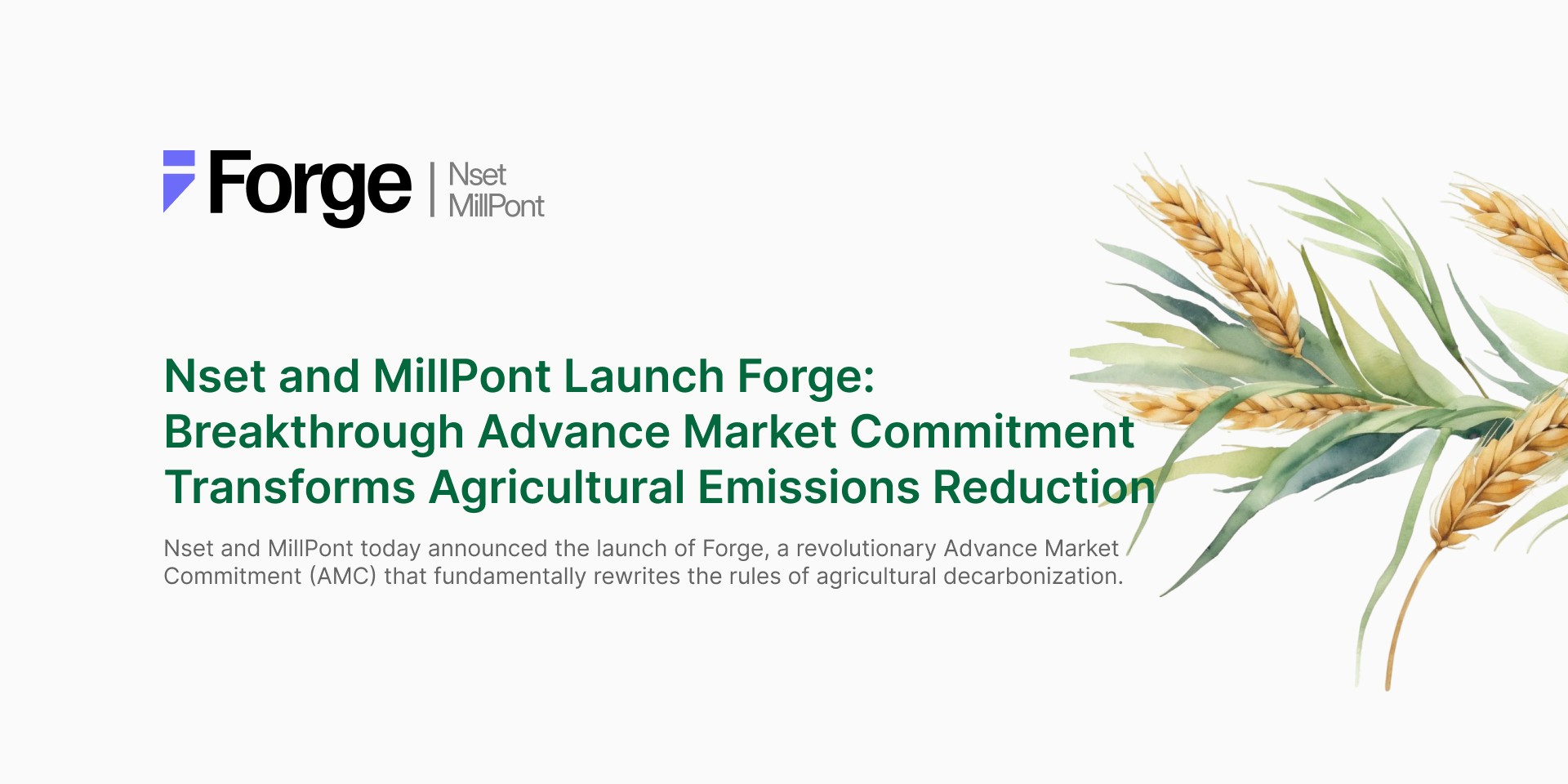Kohlenstoff-Insetting und Biodiversität: Die doppelten Vorteile
Mittwoch, 13. Dezember 2023
In einer Ära ökologischer Unsicherheit suchen Unternehmen weltweit nach Wegen, um nicht nur ihren Kohlenstoff-Fußabdruck zu reduzieren, sondern auch die Biodiversität unseres Planeten zu fördern. Hier kommt das Carbon Insetting ins Spiel – eine Strategie, die nicht nur die Dringlichkeit des Klimawandels anspricht, sondern auch positive Auswirkungen auf die Biodiversität hat. So funktioniert es:
Waldaufforstung und Agroforstwirtschaft
Eine der Hauptmethoden des Insetting beinhaltet Aufforstung und die Umsetzung von agroforstwirtschaftlichen Praktiken. Durch das Pflanzen einheimischer Bäume und die Integration von Bäumen in landwirtschaftliche Landschaften können Unternehmen Kohlenstoff binden und Lebensräume für eine Vielzahl von Arten schaffen, was die Ökosystemdiversität erhöht.
Boden Gesundheit
Carbon Insetting umfasst oft Praktiken, die den Boden bereichern, wie regenerative Landwirtschaft. Gesunder Boden speichert nicht nur Kohlenstoff; er unterstützt ein komplexes Web von Leben, von Mikroben bis zu Insekten, die grundlegend für breitere Ökosysteme sind.
Wasserschutz
Insetting-Praktiken, wie der Bau von natürlichen Wasserrückhalte-Systemen, können lokale Wasserzyklen regenerieren. Feuchtgebiete, Teiche und Seen, die durch Insetting wiederhergestellt oder geschaffen wurden, können als Lebensräume für aquatische Arten dienen und die regionale Biodiversität erhöhen.
Verbesserungen in der Lieferkette
Durch die Konzentration auf nachhaltige Beschaffungs- und Produktionsmethoden können Unternehmen sicherstellen, dass Rohstoffe geerntet werden, ohne der Umwelt zu schaden. Dies hat den zusätzlichen Vorteil, dass es vielfältige Ökosysteme unterstützt, sei es nachhaltiger Kakaoanbau, der tropische Wälder schützt, oder Wollproduktion, die vielfältige Grasland-Ökosysteme fördert.
Wirtschaftliche Vorteile für lokale Gemeinschaften
Carbon Insetting-Projekte beziehen oft lokale Gemeinschaften ein. Indem sie diesen nachhaltige Lebensgrundlagen bieten, die im Einklang mit der Umwelt stehen, können Unternehmen den Schutz der lokalen Flora und Fauna sicherstellen.
Fazit
Carbon Insetting, obwohl es ein effektives Werkzeug gegen den Klimawandel ist, bietet den zusätzlichen Vorteil, die Biodiversität zu stärken. Durch die Annahme von Insetting erfüllen Unternehmen nicht nur ihre Umweltverantwortung – sie verbessern das grundlegende Gewebe des Lebens auf der Erde.



